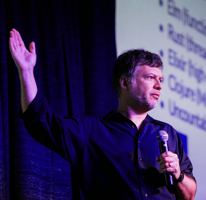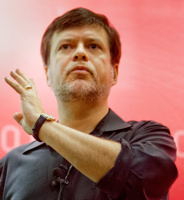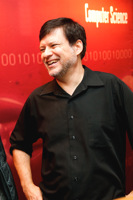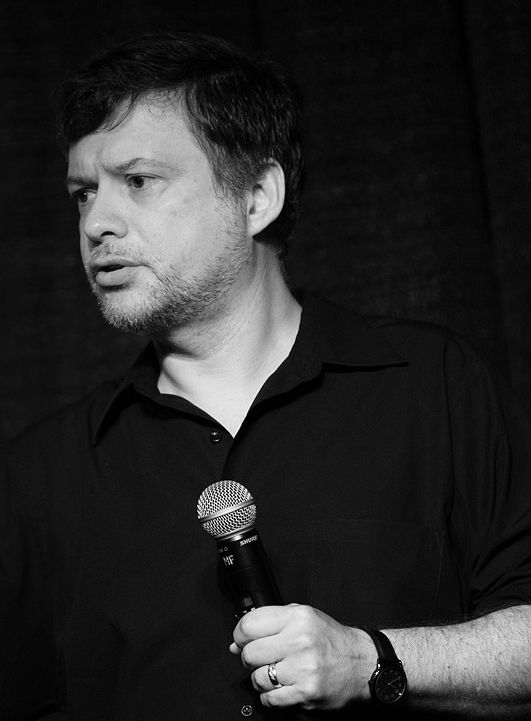Toolshed Technologies
Andy Hunt
Musician, Author, Programmer
Live in Concert: Famous Dead Pianists
03/06/2005
I had a remarkable opportunity to witness an amazing piece of technology firsthand on Sunday afternoon.
I was invited to a nearby recital hall to hear Glenn Gould play solo piano on a 9-foot concert grand live for an audience of about 30-40 people.
But here’s the twist: the piece was played exactly as he played it on a 1955 recording, and Gould himself died over twenty years ago.
Player piano rolls? No. Seance? No. MIDI? Not quite. All the engineers had to go on was a scratchy mono recording.
From that old vinyl mono recording, the team at Zenph Studios analyzed the audio waveforms and extracted every nuance of the original performance. Articulation, technique, pedals, everything. This information is then stored a High-Definition MIDI file (which is a quite a bit more sophisticated than the more familiar, and now dated, MIDI standard). Finally, this data is fed to a freshly-tuned and voiced souped-up Disklavier Pro piano (of which only several currently exist).
It is a remarkable thing to hear. John Q. Walker (formerly of Ganymede, now president of Zenph) played a recording of the new Disklavier performance in one speaker and switched back-and-forth to the original mono recording in the other speaker.
The sound was identical, except for the scratches, clicks and pops on the mono recording.
John says there are many historic recordings that were never released due to recording problems—an out of tune string, someone in the audience coughing up a furball, etc. Once converted into the HD-MIDI domain, the performance can be edited: a blown note fixed, technique adjusted to match the response of modern equipment, and so on. When recording the Disklavier, there need be no audience present. No squeaks from the piano bench. No air-conditioning suddenly kicking on.
I’ll be featuring an interview with John Q. Walker and his team on www.PragmaticProgrammer.com in the next week or two, where we’ll learn more about how his team solved this incredibly difficult, complex problem, using some technology you may have heard of: C++ and Perl.
If you’re in the Raleigh area, you’ll have a chance to hear this technology first-hand on May 19th at the BTI Theater in Raleigh.
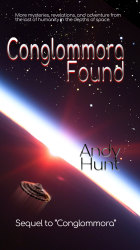

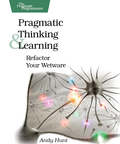
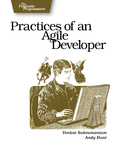
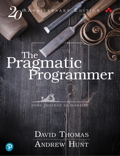
Latest News
-
Greenfield, Brownfield... Blackfield?
July 24, 2024 -
New article: The Limits of Process
January 25, 2022 -
New article: Habits vs. Practices
January 5, 2022 - List All News...
